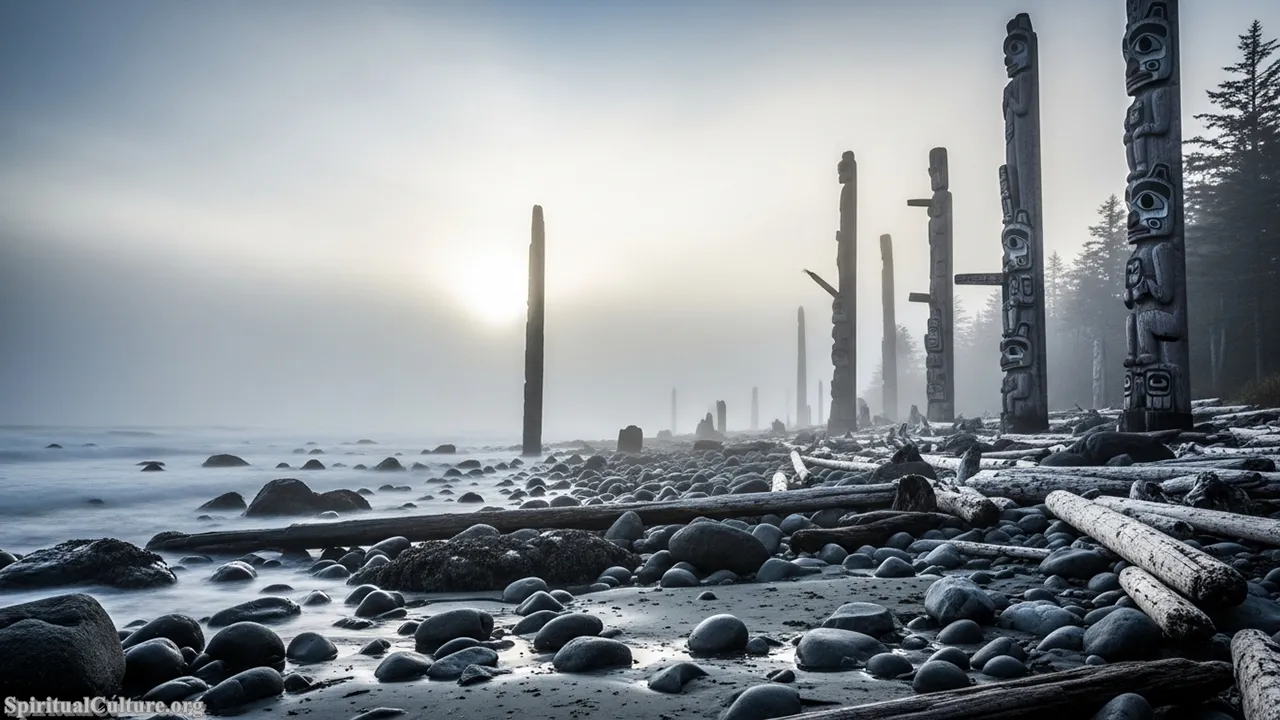From ancient Germanic tribes to the unification of modern Germany, each era has brought significant historical events that have impacted not only Europe but the world as well. So sit back and let’s dive into the story of Germany through its historical periods.
Part 1: Ancient Times and the Roman Empire
Germany’s history can be traced back to ancient times when Germanic tribes inhabited the land that is now Germany. These tribes included famous names like the Goths, Vandals, and Franks. They lived in small villages, relying mainly on agriculture.
The Roman Empire Invasion
Around the 1st century BC, the Roman Empire began expanding northward and encountered the Germanic tribes. One of the most notable events was the Battle of Teutoburg Forest in 9 AD, where Germanic warriors led by Arminius defeated three Roman legions. This event halted Roman expansion into Germanic territory, leaving a lasting mark on German history.
Although the Romans failed to fully occupy this region, they still had a significant influence on Germanic culture and economy through trade and the presence of Roman forces along the Rhine River.
Part 2: The Middle Ages – The Formation of the Holy Roman Empire
After the fall of the Western Roman Empire in the 5th century, Germanic lands began to flourish. The Frankish Kingdom, under the leadership of Charlemagne (Charles the Great), became a dominant power in Europe. In 800, Charlemagne was crowned Emperor of the Holy Roman Empire by Pope Leo III, marking one of the most important milestones in German history.
The Development of Principalities
After Charlemagne’s death, the empire was divided into smaller kingdoms and duchies. Local lords gained significant power, leading to a fragmentation of authority and the formation of independent duchies like Bavaria, Saxony, and Swabia. This resulted in a long period of political fragmentation, making Germany a region with many small feudal states.
During this time, German knights also participated in the Crusades, not only in the Holy Land but also in Eastern Europe, expanding their influence into the Baltic region.
Part 3: The Reformation and Religious Wars
The 16th century was a time of great upheaval with the Protestant Reformation initiated by Martin Luther. In 1517, Luther nailed his “95 Theses” to the door of the Wittenberg Church, calling for reforms in the Catholic Church. This sparked a major religious revolution not only in Germany but across Europe.
The Thirty Years’ War (1618-1648)
Religious conflict between Catholic and Protestant regions culminated in the Thirty Years’ War, one of the most devastating wars in European history. This war was not only a religious struggle but also had political elements as kingdoms and duchies fought for power. The war ended with the Peace of Westphalia in 1648, leaving Germany devastated and losing its leadership role in the region.
Part 4: The Enlightenment and the Rise of Prussia
After the Thirty Years’ War, Germany entered a period of decline, but in the 18th century, one German kingdom – Prussia – began to emerge as a powerful state. Under the leadership of Frederick the Great, Prussia became a military and economic power, rivaling other European nations, especially Austria.
The Enlightenment and Prussia
This period also saw a significant rise in philosophy and science in Germany. Philosophers like Immanuel Kant, Hegel, and Schopenhauer made immense contributions to global philosophy. At the same time, German scientists like Alexander von Humboldt made remarkable discoveries in nature and geography.
Part 5: The Industrial Revolution and the Unification of Germany
The 19th century brought massive changes in Germany’s social and economic structure. The Industrial Revolution transformed the economy from agriculture to industrialization. Cities like Berlin, Hamburg, and Frankfurt became important industrial and commercial centers.
Otto von Bismarck and the Unification of Germany
The centuries-long political fragmentation ended in the late 19th century with the unification of Germany under the leadership of Otto von Bismarck, a brilliant Prussian politician. Bismarck used skillful diplomacy and military tactics to achieve his goal. After winning a series of wars against Denmark, Austria, and France, Bismarck established the German Empire in 1871. Wilhelm I, King of Prussia, became the first Emperor of Germany.
This unification completely changed Germany’s position on the European political map, making it one of the leading powers.
Part 6: The 20th Century and the Two World Wars
The 20th century was the darkest and most complex period in German history, with the outbreak of two world wars.
World War I (1914-1918)
Germany, under Emperor Wilhelm II, participated in World War I. The war ended with Germany’s defeat and the collapse of the German Empire. The Treaty of Versailles in 1919 imposed harsh conditions on Germany, plunging its economy into a severe crisis.
The Rise of Nazi Germany and World War II (1939-1945)
Discontent with the Treaty of Versailles, combined with economic crises, paved the way for Adolf Hitler and the Nazi Party to come to power in 1933. Hitler turned Germany into a dictatorship and pursued a policy of military expansion, leading to World War II in 1939.
The war ended in 1945 with Germany’s complete defeat and significant destruction. Millions of people died, and many of Germany’s major cities were utterly destroyed.
The Cold War and the Division of Germany
After World War II, Germany was divided into two nations: the Federal Republic of Germany (West Germany) and the German Democratic Republic (East Germany), reflecting the ideological split between the Western bloc led by the US and the communist bloc led by the Soviet Union. The Berlin Wall, a symbol of this division, was erected in 1961 and stood for nearly three decades.
Part 7: Reunification and Modern Germany
The collapse of the Soviet Union in the late 1980s opened the door for German reunification. On November 9, 1989, the Berlin Wall fell, marking the end of the Cold War, and on October 3, 1990, Germany was officially reunited. West Germany’s Chancellor at the time, Helmut Kohl, played a key role in the reunification process.
This event was a turning point not only for Germany but also for Europe, marking the end of the Cold War and the dissolution of the Eastern bloc.
Part 8: Modern Germany – A Pillar of the European Union
After reunification, Germany faced many challenges. The East, which had suffered from economic underdevelopment during the communist era, needed time and resources to integrate with the West. However, with strong leadership and economic support, Germany became one of the most prosperous nations in the world.
Germany’s Role in the European Union
With the largest economy in Europe, Germany plays a leading role in the European Union (EU). From promoting the single market to managing the eurozone’s monetary policy, Germany has a significant voice in major EU decisions. It is also a leader in environmental protection and technological innovation.
Germany and Current Challenges
In recent years, Germany has faced political and social challenges. The 2015 refugee crisis, when hundreds of thousands of refugees from the Middle East and Africa arrived in Germany, sparked major political and social debates. However, Chancellor Angela Merkel navigated the country through the crisis with decisiveness and skill.
Germany is also undergoing an energy transition (“Energiewende”) to reduce greenhouse gas emissions and phase out nuclear energy in favor of renewable sources such as wind and solar power.
Part 9: Culture and Global Influence
Besides its economic and political power, Germany is also a global center for culture, education, and technology. Cities like Berlin, Munich, and Frankfurt are hubs of art, music, and science.
Cultural Heritage
With a rich and complex history, Germany has produced many great figures in various fields. In music, it is the homeland of renowned composers like Johann Sebastian Bach, Ludwig van Beethoven, and Richard Wagner. In literature, Johann Wolfgang von Goethe and Friedrich Schiller have left behind classic works. Germany is also the birthplace of great philosophers like Immanuel Kant, Friedrich Nietzsche, and Karl Marx.
Science and Technology
Germany has always been at the forefront of science and technology. From scientists like Albert Einstein and Max Planck to leading global companies like Siemens, Volkswagen, and BMW, Germany continues to innovate and excel. The country is a global leader in green technology and industrial manufacturing, contributing significantly to industries such as automotive, chemicals, and precision engineering.
Conclusion: Germany’s Journey Through the Ages
The history of Germany is a tumultuous journey, from ancient tribes to empires and devastating wars. However, from the ruins of war, Germany has risen to become a modern, prosperous nation with a significant global influence. Germany’s leadership in global issues, its central role in the European Union, and its contributions to culture, science, and technology have cemented its special place in today’s world.
Through this article, we have gained a comprehensive overview of Germany’s history, from ancient times to the modern era. We hope that you have gained a deeper understanding of one of the most influential countries in human history. Don’t forget to like and follow our channel to stay updated on fascinating videos about the history and culture of countries around the world.
Thank you for watching, and see you in the next article!




